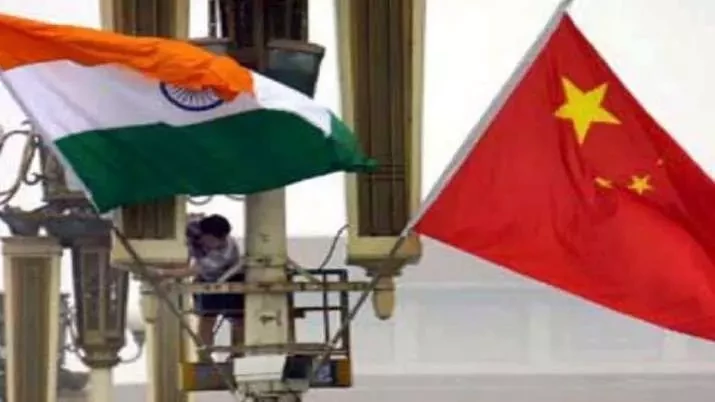India issued a "strong protest" to China on Tuesday after a Beijing map claimed land that New Delhi says is theirs, including territory close to where the neighbours battled in 2020.
"We have today lodged a strong protest through diplomatic channels with the Chinese side on the so-called 2023 'standard map' of China that lays claim to India's territory," foreign ministry spokesman Arindam Bagchi said in a statement.
"We reject these claims as they have no basis. Such steps by the Chinese side only complicate the resolution of the boundary question."
India has been wary of its northern neighbour's growing military assertiveness and their 3,500-kilometre (2,200-mile) shared frontier has been a perennial source of tension.
New Delhi said two areas on a map released on Beijing's state-owned Global Times newspaper belong to India.
One was India's northeastern state of Arunachal Pradesh, which China considers to be part of Tibet, and where the Asian giants fought a full-scale border war in 1962.
The second was Aksai Chin, a high-altitude strategic corridor linking Tibet to western China.
Fighting in 2020 that killed 20 Indian soldiers and at least four Chinese troops took place in the Galwan river valley, which abuts Aksai Chin.
Tens of thousands of soldiers have since been massed along both sides of the Line of Actual Control (LAC) that divides the rivals.
They remain despite 19 rounds of talks between top military officials of both countries.
India's protest comes days after Prime Minister Narendra Modi and Chinese President Xi Jinping held a rare face-to-face meeting in South Africa.
Beijing called last week's meeting a "candid and in-depth exchange of views", but India said Modi had stressed that "observing and respecting" the LAC was essential.
Modi's government has pumped billions of dollars into connectivity projects on its side of the border to boost civilian presence, and establish new paramilitary battalions.
It is also seeking to develop closer ties with Western countries, including fellow Quad members the United States, Japan and Australia, which are themselves wooing India as an alternative to China.


